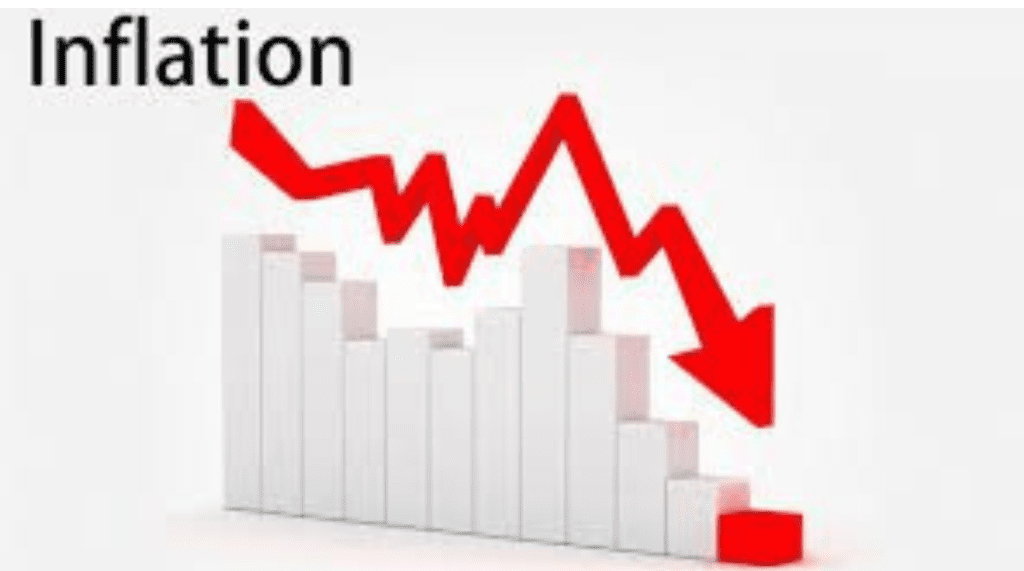The Ghana Statistical Service (GSS) has reported a significant decrease in the nation’s inflation rate, marking it as the lowest level recorded in the past two years. This development has sparked optimism within Ghana’s business community, with local business owners and economic analysts noting that improved purchasing power could positively impact consumer spending and business growth. According to the GSS report, Ghana’s annual inflation rate fell from double-digit figures earlier in the year to a single-digit rate in October, marking a noteworthy achievement for the country’s economic landscape.
The recent decline is attributed to several factors, including strengthened fiscal policies, targeted efforts by the Bank of Ghana to stabilize the cedi, and lower global oil prices. The government’s strategic approach to managing public debt and curbing excessive spending has also played a role in mitigating inflationary pressures. Additionally, the Bank of Ghana’s monetary policy, which included tightening lending rates, helped curb the inflation rate from its peak levels, bringing greater stability to the market.
GSS Statistician Professor Samuel Kobina Annim announced the report findings at a press conference in Accra, highlighting the improvement as a promising step toward economic resilience. “The lower inflation rate is a result of multiple efforts aimed at reducing inflation and stabilizing our currency,” he said, adding that improved conditions will benefit businesses and consumers alike.
Local business leaders and industry groups have welcomed the news, seeing the inflation drop as a sign of economic recovery that could translate to increased consumer spending and confidence in the market. “Lower inflation has been long-awaited,” remarked John Agyekum, a business owner in Accra. “We anticipate it will lead to lower operational costs and better sales volumes.”
While the positive sentiment is palpable, economic experts remain cautious. Analysts from Ghana’s Institute of Economic Affairs (IEA) suggest that sustaining this momentum will depend on the government’s continued adherence to sound economic policies. They also warn that external factors, including global oil prices and currency exchange rates, could still pose risks to Ghana’s inflation stability.
Ghana’s government has expressed a commitment to maintaining stability, with the Ministry of Finance pledging continued focus on economic reforms. As of now, the inflation drop has reinforced confidence in the country’s financial strategy and offers hope for sustainable growth across Ghana’s economy.























